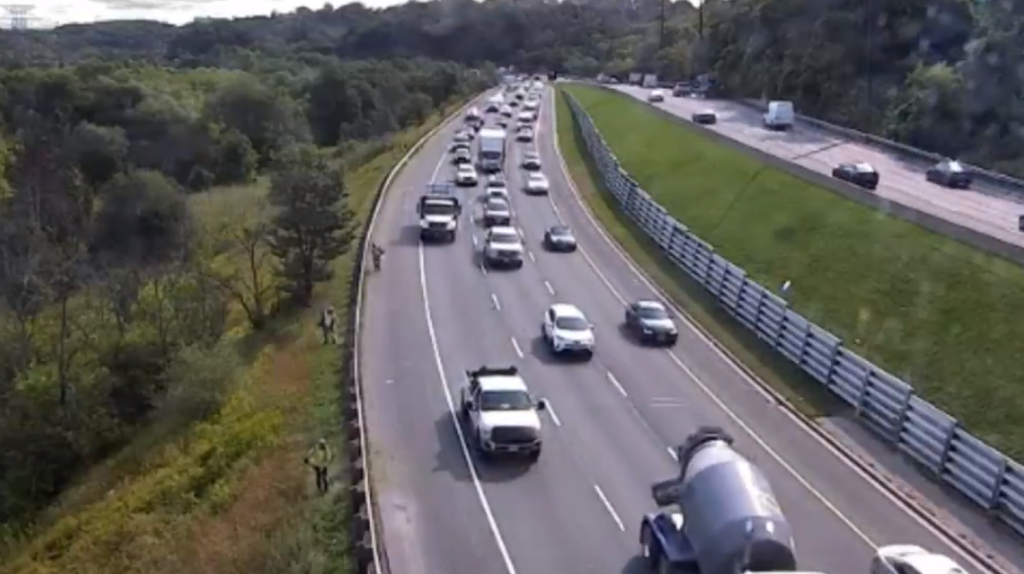How to keep your family safe in an emergency: Lessons from the Manitoba flood
Posted May 17, 2011 2:26 pm.
This article is more than 5 years old.
The Assiniboine River has reached historic levels throughout western and central Manitoba. Over 1,300 residents have been evacuated from Brandon alone. City officials say it could be weeks before the water recedes.
Residents of flood-plagued Manitoba have learned how to prepare and cope with emergency situations over the years. Debbie McKenzie, director of public affairs for the government of Manitoba, shared with us what’s been happening in Manitoba and what families can do to prepare and cope with an emergency.
Since the flood warnings started in January, the province of Manitoba has been in action sandbagging and reinforcing dikes to prevent seepage into residential areas, although large swaths of farmland have been affected. 1,500 military personnel and thousands of volunteers have kept flood preparations going for months. Heartfelt wishes are coming in across the country, as well as offers from other provinces to share their resources.
Saturday morning, The Emergency Measures Organization oversaw a controlled release of flood water from the Assiniboine River dikes and Portage diversion which helped to relieve pressure on the two containers. Emergency Measures Minister Steve Ashton told the CBC that the water was spreading out so slowly that a person could walk alongside it faster.
So far, everything with the release has gone according to plan, says McKenzie, and the EMO continues to move ahead of the water as it moves south. She says that a pivotal part of the success of managing the flood is being prepared for such disasters. She says that having a family plan in place in case of an emergency is critical.
“It was after the tornadoes [in Alabama] that I realized our plan wasn’t up to date,” McKenzie said. “So between myself and my children, we sat down and put a plan together. It only took about 30 minutes.”
McKenzie urges families to be prepared for any kind of disaster, especially if you have advanced warning.
So how can you prepare your family in case of emergency? McKenzie provides these steps.
1) Emergency supplies: always have them handy – bottled water, canned food, supply of medications, flashlights, warm clothing, etc – enough supplies to last 72 hours in the event that simple necessities are available.
2) Important documents: know where your house deeds are, your passports, health insurance, any documents that would help you in case your family is faced with the necessity to leave abruptly.
3) Be aware of what’s happening in the community: stay on top of the news, talk to your neighbours, find out what resources are available to you. Currently, EMO health officials are following up with evacuees in Manitoba, and the EMO has set up counselling for families who may need help talking to their family members (especially young children) about coping with disasters.
No family should be ill-prepared when faced with the chance of losing their property, home, or treasured belongings. We’re grateful to the residents of Manitoba for showing us just how we can prepare, cope, and emerge resilient in the face of adversity.
The Red Cross has also set up a fundraising effort to help the evacuees of the Manitoba floods. You can find out more about the effort and donate here.
Brought to you by:
Follow us @ivillagecanada and join the conversation iVillageCanada










